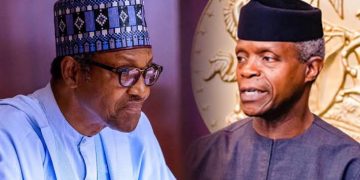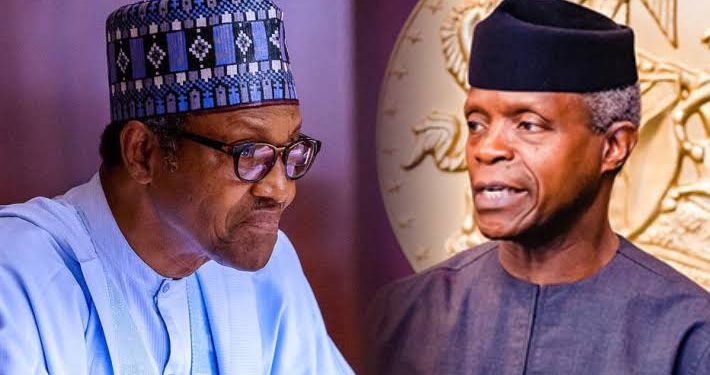By Enyichukwu Enemanna
Barely six months to the end of his tenure, President Muhammadu on Friday presented before the joint session of Nigeria’s National Assembly a total budget proposal of N20.51trn, out of which the sum of N3.34 billion has been proposed to be expended on local and international travels to be embarked by the president and his vice.
Buhari and his vice, Yemi Osinbajo are expected to bow out of office by May 29, 2023 after the completion of their second term of four years. A major election coming up early next year is expected to usher in a new administration in the West African nation with over 200 million population.
This is a slight increase from the 2022 proposal for the president’s and his vice’s local and international travels which stood at N3.087 billion.
Nigeria has been engrossed in complex economic dip arising from dwindling oil production which is the country’s major IGR source, inflation, food scarcity stemming from insecurity as well as plummeting value of the local currency Naira. The war in Ukraine has also exacerbated hunger in Nigeria, raising the cost of staple foods including bread and other items.
While the president’s foreign and local trips and tours is to gulp the sum of N2.49bn, his vice according to the proposal will spend N846,607,097
Budget Breakdown
From Buhari’s N2.49bn, the sum of N862,076,448 will go for local travel and transport, while international travel and transport is N1,633,464,208.
The breakdown of the N846,607,097 budget estimate for Osinbajo’s tour has N330,320,396 for local travel and transport, as well as N516, 286,701 for international travel and transport.
The 2023 budget proposal also shows that the president and his deputy will spend N179,277,423 for food and refreshment.
The president will spend N301,138,860 for foodstuff/catering materials supplies under ‘General Materials and Supplies’ and another N30,652,500 is set aside for refreshments and meals.
Osinbajo will equally expend N156,662,400 for foodstuff/catering materials. The breakdown also reveals that the vice president’s office has N20,264,397 and N2,350,626 earmarked for refreshment/meals and cooking gas/fuel costs respectively.
Other expenses in the Office of the Vice President include N30,262,066 for honorarium and sitting allowance; N18,888,552 for publicity and advertisements; N1,680,377 postages and courier services; N23,211,005 welfare packages; and N5,488,832 for sporting activities.
Other notable budget proposals in State House headquarters include N7,200,045,297 set aside for annual routine maintenance of mechanical/electrical installations of the Villa and N393,661,239 earmarked for the ongoing construction of the Presidential Wing at the State House Medical Centre.
In the executive proposal, the Presidency and all the agencies under the State House are to spend N133,730,697,750 earmarked for personnel, overhead and capital expenses.
A breakdown of the figure reveals that the Economic and Financial Crimes Commission (EFCC) has the largest share of N43,201,071,521 set aside for personnel, overhead and capital expenses.
The ongoing phased replacement of vehicles and spares takes N1,904,388,461.
Nigeria’s budgeting system has been criticised for duplication of same items yearly.
Purchase of electrical and computer fittings is a yearly appearance in Nigeria’s budgeting system which usually raises eyebrow on what becomes of the ones purchased in the previous year.
The National Assembly through its relevant committees is expected to relay the budget to the presidency before it is eventually assented to as a legal instrument.




































